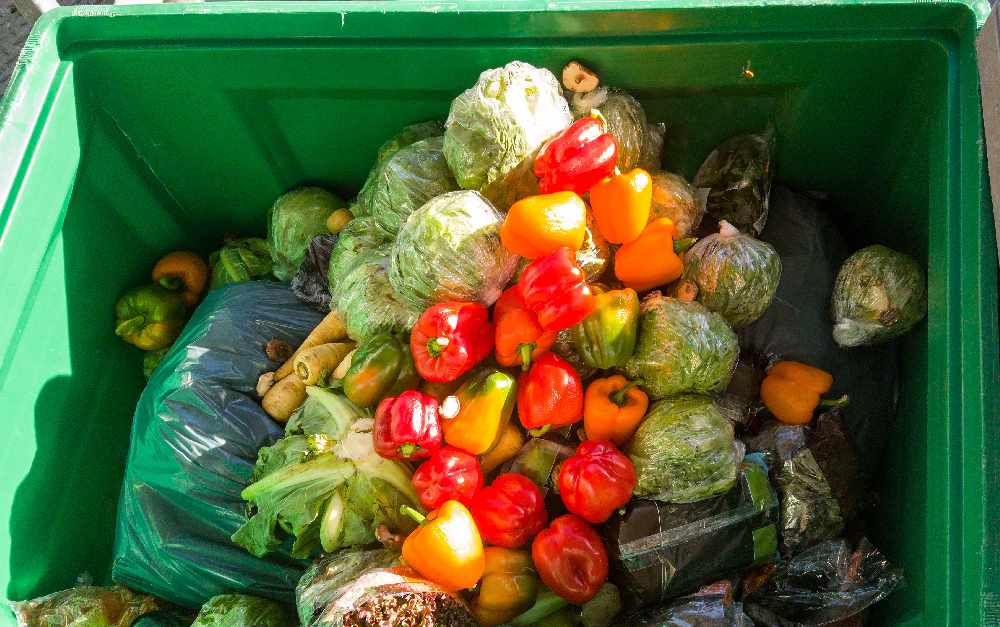
Preparation work to introduce a weekly food waste collection in Chichester has been given the green light by district councillors.
The collections will form part of the government’s waste reforms and are expected to start in March 2026.
During a meeting of the full council on Tuesday (March 19), members approved the release of £1,355,683 from the general reserve to kick-start the project.
It will be used to cover an estimated shortfall in funding as the government has yet to announce exactly how much local authorities will receive to get things going.
Adrian Moss, leader of the council, said:
“Introducing a new service like this across the whole of the district is a major undertaking and will require a significant amount of preparation work before the physical roll-out of the collections can take place.
“Government grant funding is also being released to support the implementation and running costs of the new service.
“Two years sounds like a long time, but there is much work to be done on a project of this scale, and it will be a challenging project for our teams.
“The last time that residents experienced such a big service change was 21 years ago when we introduced alternate recycling and domestic waste collections.
“This new service will affect every resident in the district and so it’s vital that we get started on this project as soon as we can.”
While the vast majority of councillors supported the project, concerns were raised by Elizabeth Hamilton (Con, The Witterings) that the collections would simply allow people to be more wasteful with food.
Asking what was being done to encourage people to compost, she said:
“This collecting waste is fine for restaurants and perhaps flats where there’s no garden but otherwise we should not be encouraging people to waste food.”
But members were told that the opposite was more likely.
Kevin Carter, divisional manager of Chichester Contract Services, said that around half of the local authorities in England already carried out food waste collections.
And some had seen the amount of waste fall so much that they were wondering if the collections were even needed any more.
He said: “To introduce a domestic food waste collection is in fact a food waste minimisation project.
“When people start throwing the food away into a dedicated bin, they realise just how much money they’re throwing away.
“Results have shown the amount of food waste that will be collected will diminish as more and more residents appreciate the value of the throwaways.”
As well as approving the money from reserves, councillors also agreed that officers could go ahead and start priority work to acquire the specialist vehicles, containers and other equipment that will be needed for the collections.
A special Project Board will be set up to oversee the work.
Mr Moss said:
“Today’s decision and discussion has been about setting out the key stages of the project.
“It takes a considerable amount of time to acquire the right equipment for services like this which is why we want to prioritise this work, starting now.”
The initial work will also look at how the new service will be accommodated on the depot site; waste transfer and processing points; designing efficient rounds; recruiting and training extra staff; and the roll-out approach to residents.
The entire project is expected to cost just over £2.5m.

 St Leonards Man Sentenced For Controlling And Coercive Behaviour Offences
St Leonards Man Sentenced For Controlling And Coercive Behaviour Offences
 Mariah Carey To Headline Brighton Pride In First UK Date In Six Years
Mariah Carey To Headline Brighton Pride In First UK Date In Six Years
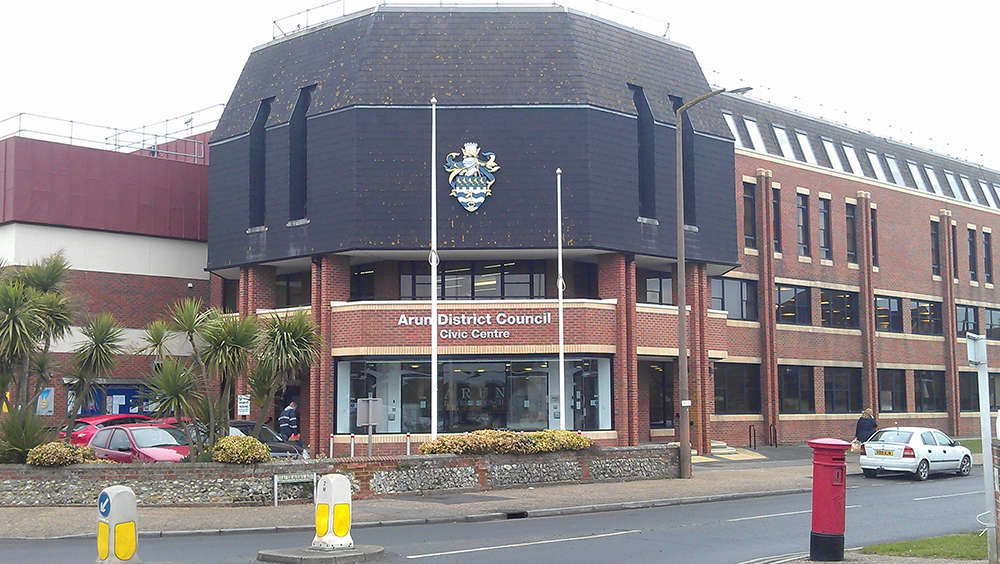 Ombudsman Hands Down Five New Findings Against Arun District Council
Ombudsman Hands Down Five New Findings Against Arun District Council
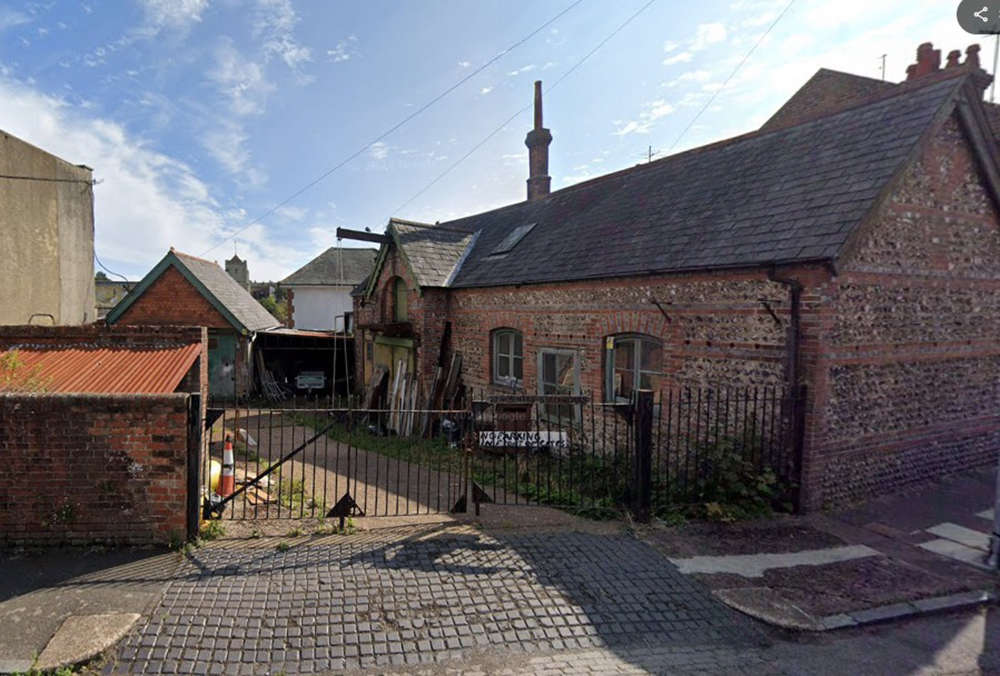 Plans For Eastbourne Arts and Crafts School Given Green Lit
Plans For Eastbourne Arts and Crafts School Given Green Lit
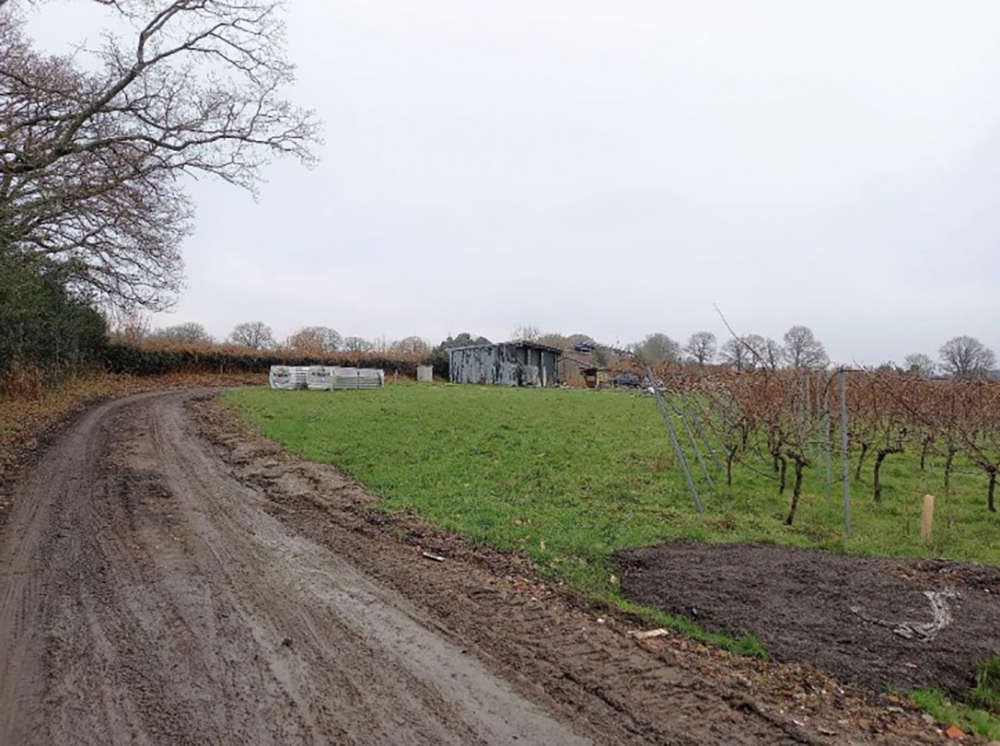 Vineyard Alcohol License Being Considered By Wealden Councillors
Vineyard Alcohol License Being Considered By Wealden Councillors
 Worthing Taxi Fares On The Up After Increase Approved By Borough Council
Worthing Taxi Fares On The Up After Increase Approved By Borough Council
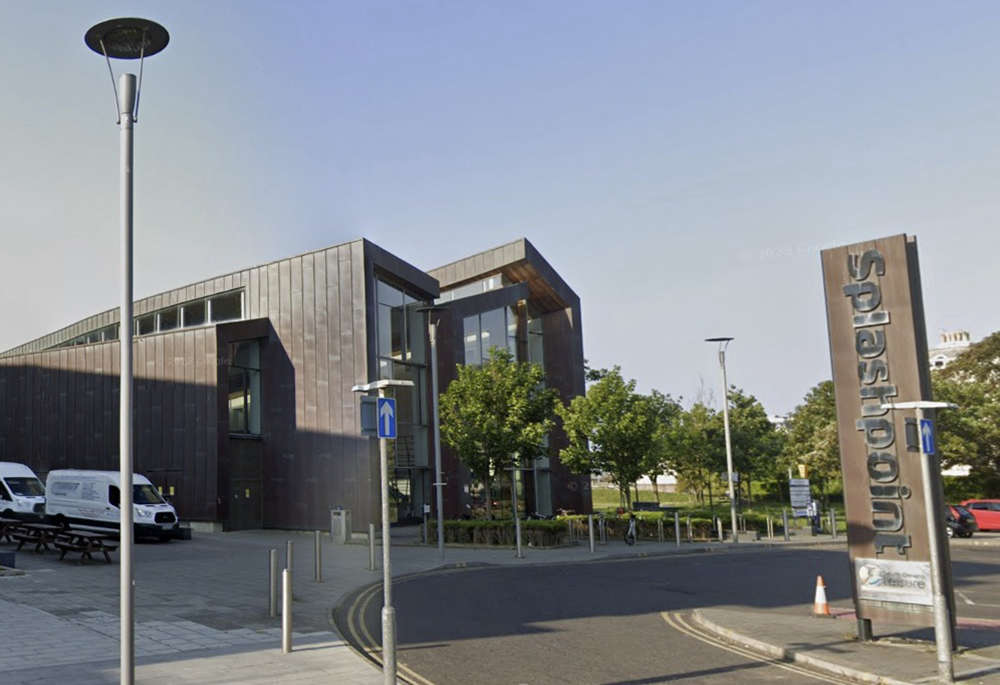 Defective Splashpoint Leisure Centre Fire Equipment Set For Upgrade
Defective Splashpoint Leisure Centre Fire Equipment Set For Upgrade
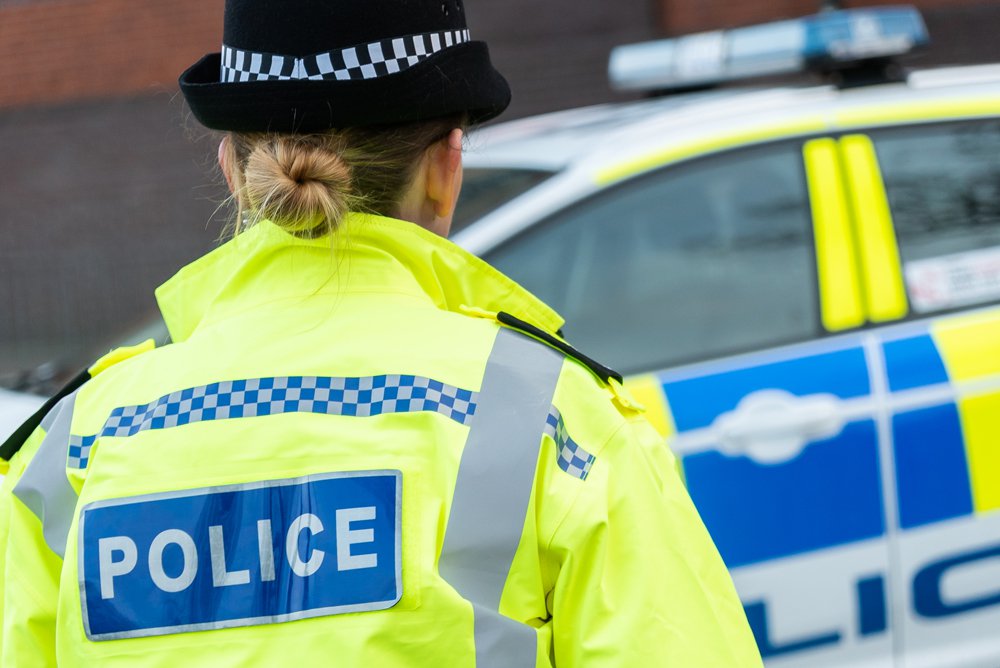 Two Year Sentence For Bexhill Man Who Abused Former Partner
Two Year Sentence For Bexhill Man Who Abused Former Partner
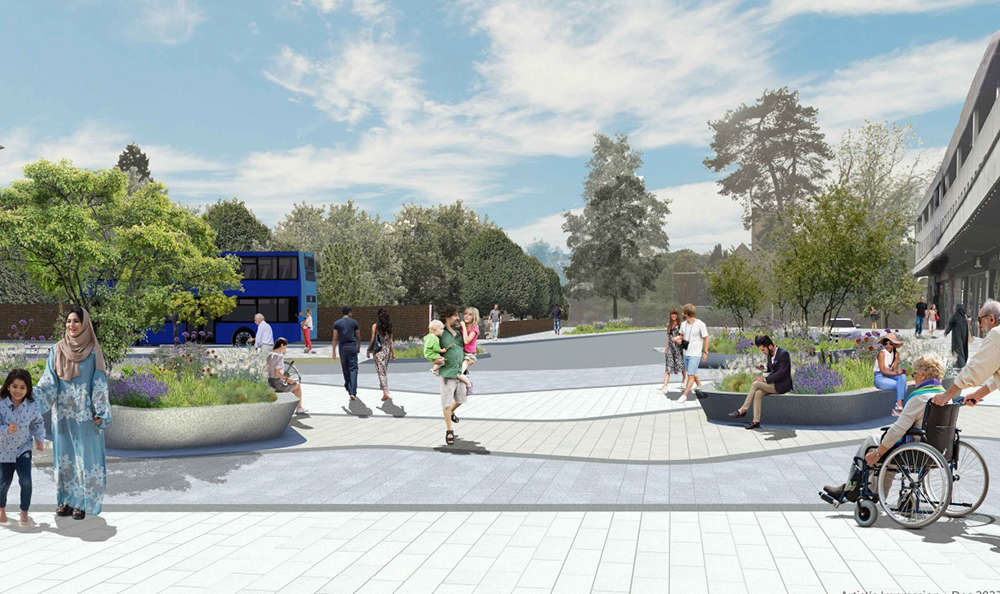 Crawley Bus Station Development Given The Nod By Planners
Crawley Bus Station Development Given The Nod By Planners
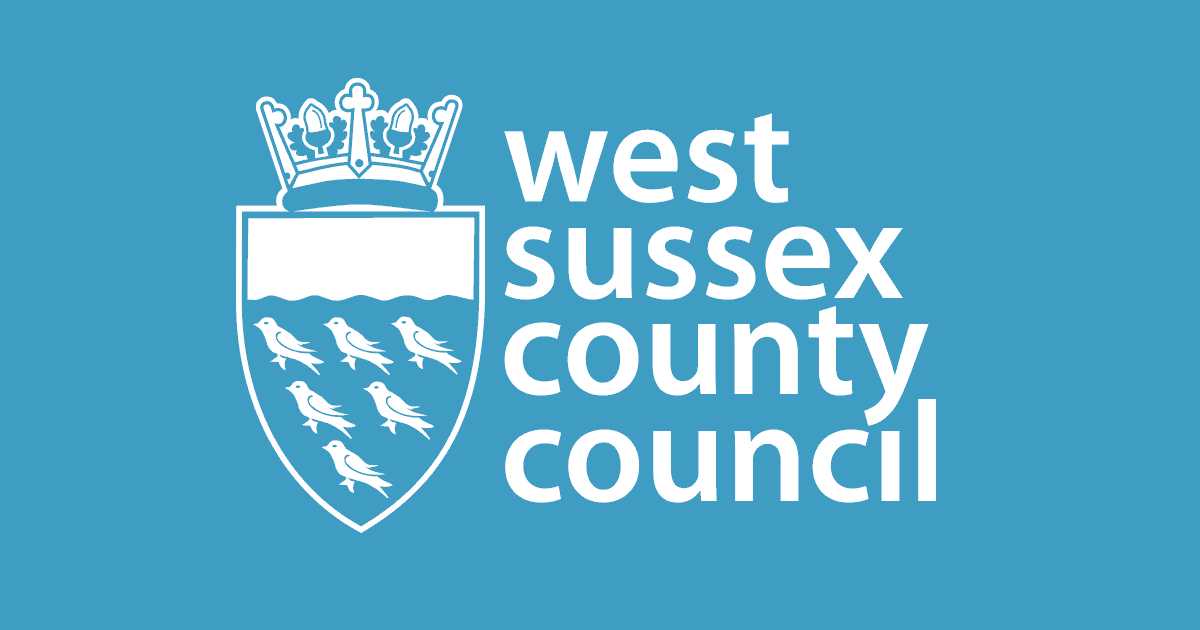 West Sussex County Council To Compensate Woman Over High Care Bill
West Sussex County Council To Compensate Woman Over High Care Bill